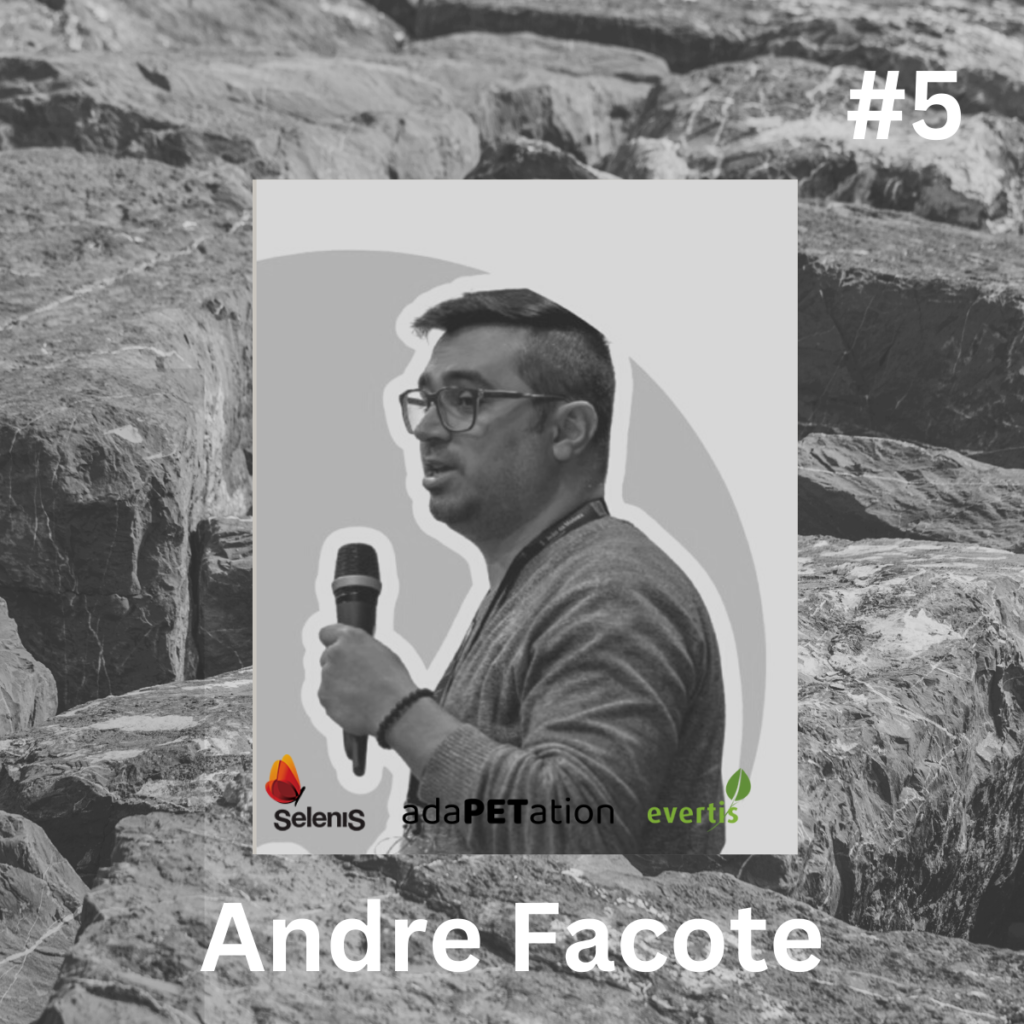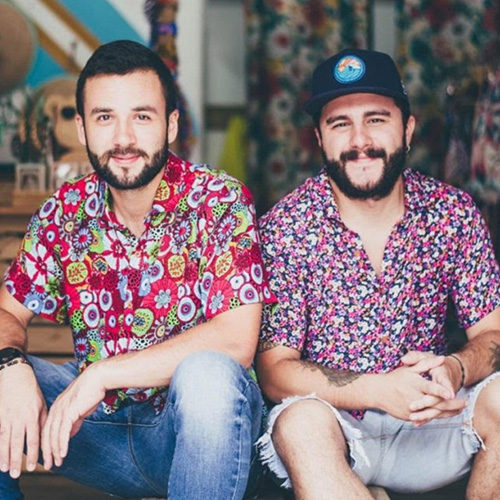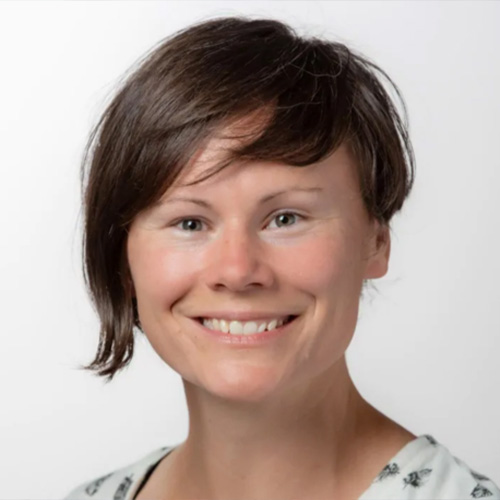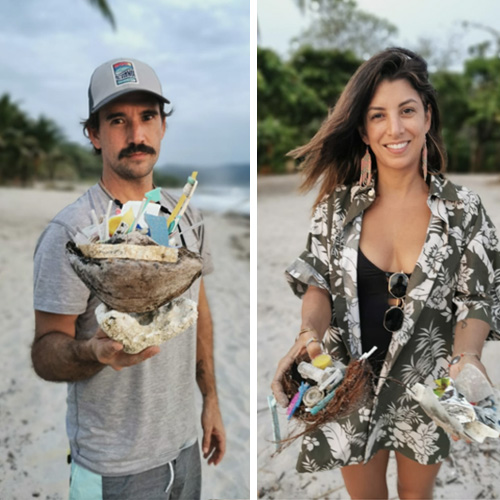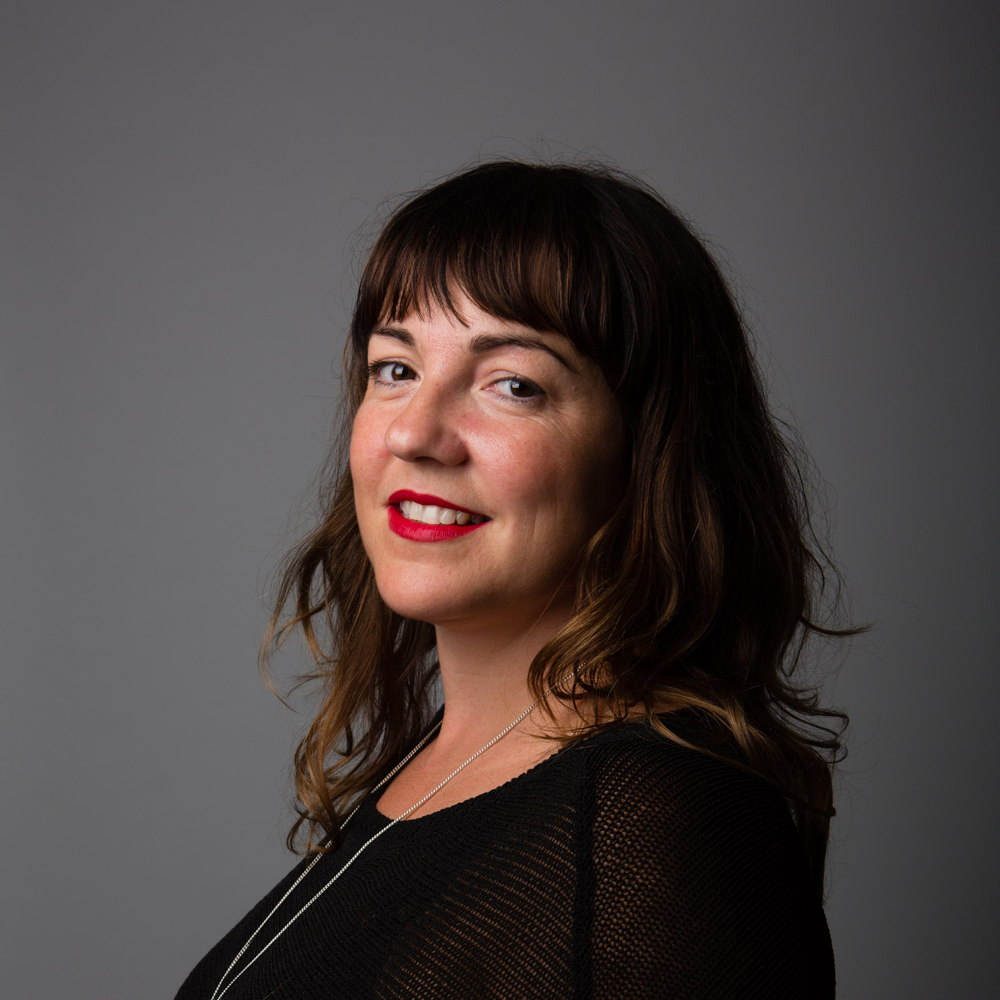
Our fifth PET Hero 2023 is slow fashion ocean cleanup champion, Skizo Shoes, the Portugal-based brainchild of André Facote and Andreia Coutinho.
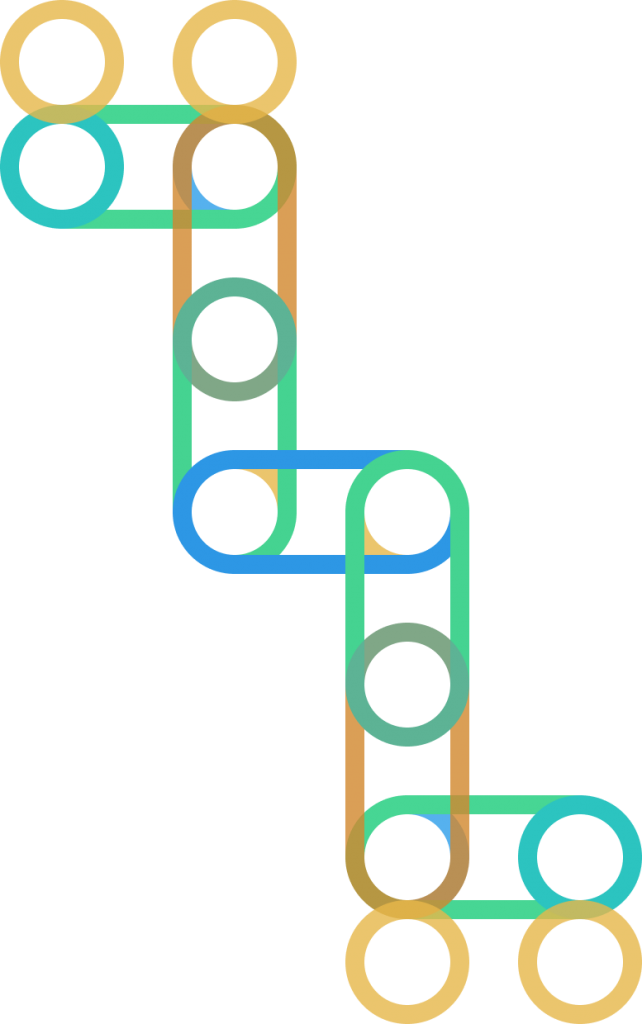
Combining two of the top trends for consumer brands in 2022 – purpose and customization – the sneakers, face masks, tote and clutch bags produced by Skizo Shoes – put slow fashion in the thick of one of the world’s greatest challenges, reversing the flow of plastic waste into our oceans.
Founded by passionate Portuguese power couple André Facote and Andreia Coutinho,their stylish response to plastic waste is to offer eco-friendly consumers a chance to create their own unique piece of fashion from rubbish pulled from the rivers, beaches and oceans close to Porto and Lisbon.
FIVE MINUTES WITH CO-FOUNDER ANDRE FACOTE
How did your team’s discovery come about? Could you talk us through the developments that led to it?
Our idea started in 2018. We live near the beach here in Portugal, and we were playing with our son, Lorenzo, here at the beach and we saw our son trying to put some plastics and some waste that was on the sand, in his mouth and it’s not like the image that the parent wants to see. We started a mission on that day. That is not the legacy that we want to pass for the next generation. So we started to think about what we can do with that waste. We didn’t start with PET, of course, but we started to think about what we could do with that waste because it’s free material. We saw that in China, they produce recycled polyester with post-consumer plastic and so we started to think, why not? We can try to do the same by buying post-consumer plastic.
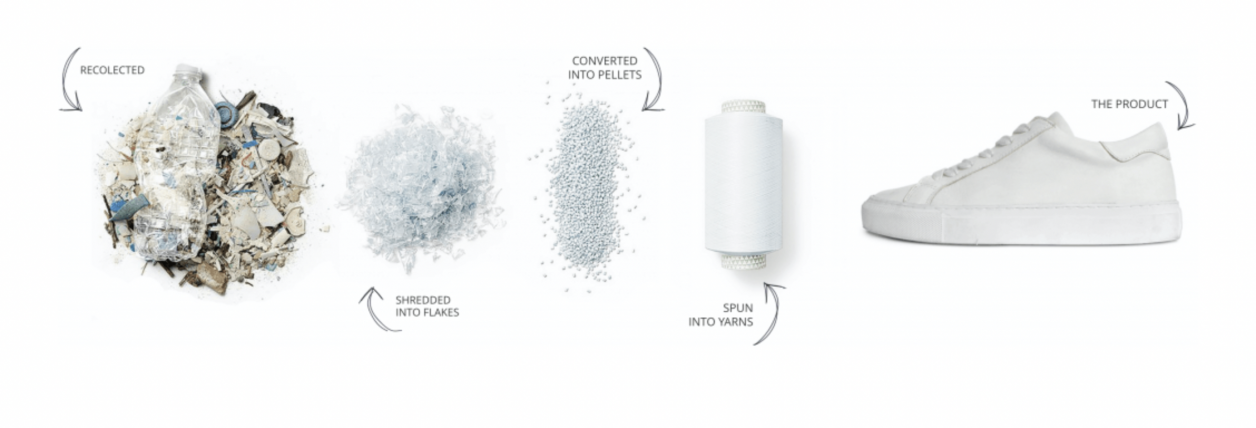
What problem are you trying to solve?
We decided to try and solve one problem that nobody was solving which is to collect plastic directly from the oceans.
To do that we thought that we have to use the people that work with the ocean and try to talk with them to help collect that plastic, helping us to collect that plastic and doing the same thing that China was doing in 2018 receiving waste from the world. So that was the start of our project and that was the idea that we started to innovate with at that point. And we had a lucky start because, in Portugal, we are very good at the transformation of waste into new materials in new yarns and fabrics. We have a very good ecosystem in that, universities and labs and R&D laboratories. So we had a lucky start in the project, right at the right time we talked to the right people and they started to help us at the beginning for a start-up.
We believe that the next revolution, or the next industrial revolution, is mass customization. Right now we are living the digital revolution, the next one could be mass customization because we think that if we can customize a product for the client, we can just produce on demand like we are doing. It’s our vision.
We produce our products on demand. We don’t have any stock. We just use the right resources for the market demand. And we think that that is the future of some sectors, including the fashion sector. That is one of the biggest faults in the world. So we start our vision with that.
That’s an idea, the customization idea we don’t have right now for one product that is customization because it’s the microplastic collector bag because it’s not customizable, but all our products, our future product, will be in that vision and the name Skizo comes from that vision, Skizo is an Italian word, it’s the sketch and it’s what we do and what we give to our customers. We give a sketch of our product or a template of our product and the customer chooses the colors and the materials they want. And we produce and we give and we send the product form for our customer, customer and the product.
When our customer receives the product, they know that it’s produced for them. So it’s a unique piece.
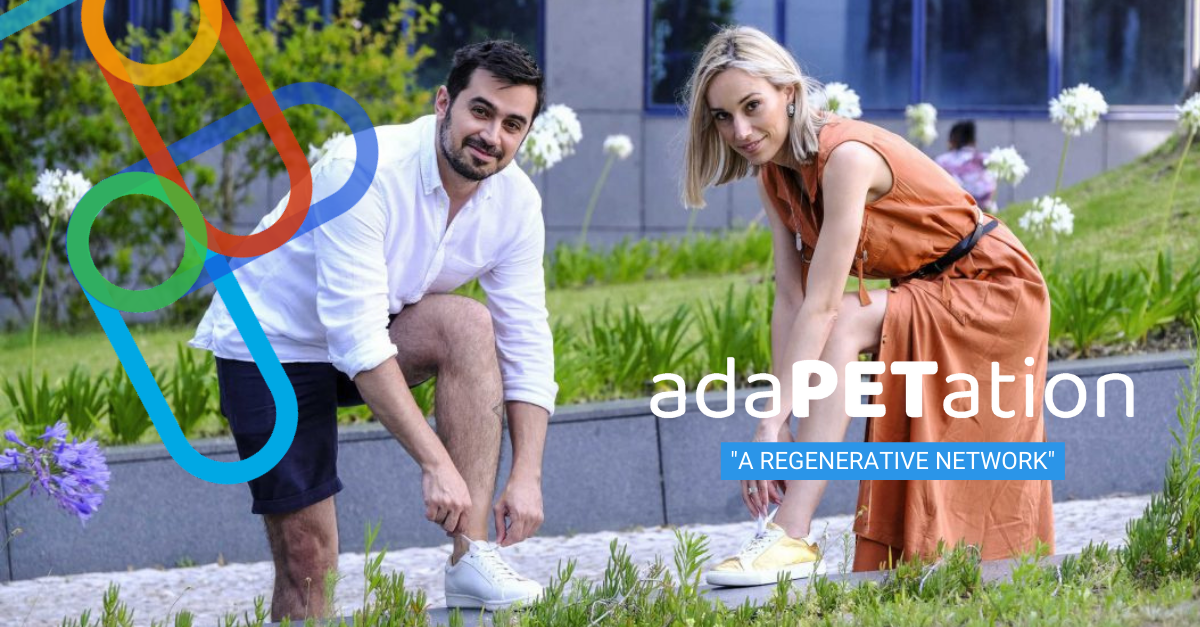
What obstacles / challenges do you currently face to being able to offer your solution at scale?
Since our beginning, we have collected three tonnes of plastic and transformed that three tonnes of PET into three tonnes of fabrics because it’s almost the same weight. We collected three tons in three years and every day a garbage truck is dumped in the ocean. So every day 15 tons of plastic is dumped in the ocean, so it’s hard for us to solve that problem but we know that our mission is also to talk and show that it is possible to make something and save the oceans right now.
It’s hard because here in Portugal, we know that the fishermen have two different generations, the very old ones, and the very young ones and they don’t have the middle generation. So we have the older ones who don’t care about this issue. They send garbage to the ocean and the very young one is very focused on saving the oceans because they will live for that so first of all, we have to talk with the young ones and make them on our side or push them to our side. And then we are starting to show the young, the old generation that they have to change something.
And this is because right now they are starting to talk with other fishermen associations and we have reached right now the biggest entity in Portugal. They control every port in Portugal and they start to work with us and they will do all the logistical things. They put the boxes in each port to receive the garbage. They do sensibilization workshops with fishermen. So I think we start not just a business, but an awareness movement. I think in one group that is a very, very different group because they don’t believe in people that are not in that fisherman group. So we have to make it believe in this and show that we can do it.
How do we maintain networks of hope?
Stories help. Our customers connect with the story about how we work, why we work, the funds that we used to create the business, and the story of each product and I think that it is the difference between a made-up story and a true story. In this modern age when people want everything immediately, our customers are prepared to wait for the product because they have a story for each other, they wait to receive the product to tell our story. And our customers started to talk to their friends about us and I think that is the way they became our ambassadors.
We call our customers our heroes, because, at the end of the day, they are the heroes. After all, they help us to collect that plastic from the ocean and then give a new life to that garbage or all that waste.
VOTE FOR ANDRE FACOTE
Want to show your support for the amazing work being done by Andre Facote? Take a minute to show your support for him and Skizo Shoes.
NOMINATE YOUR PET HERO
Tell us what you think of our list of PET Heroes 2023 and recommend inspirational leaders coming up with the best solutions to systemic issues surrounding plastic.
Share This Article
The Other PET Heroes & Useful Links
THE HISTORY OF PLASTIC
Throughout the history of plastic, PET has been crucial in keeping food fresh with lightweight and durable packaging solutions that have helped reduce food waste for almost a century. Learn all about the invention of plastic and the important role it has played feeding people and saving the lives of humans and elephants in the adaPETation® timeline of the history of plastic.
